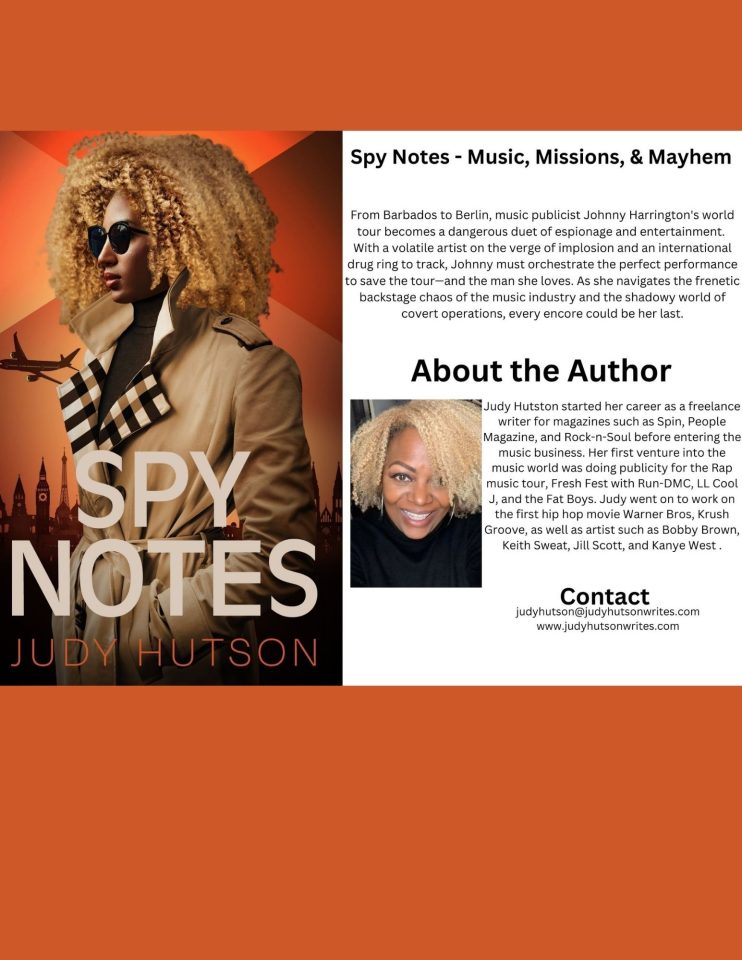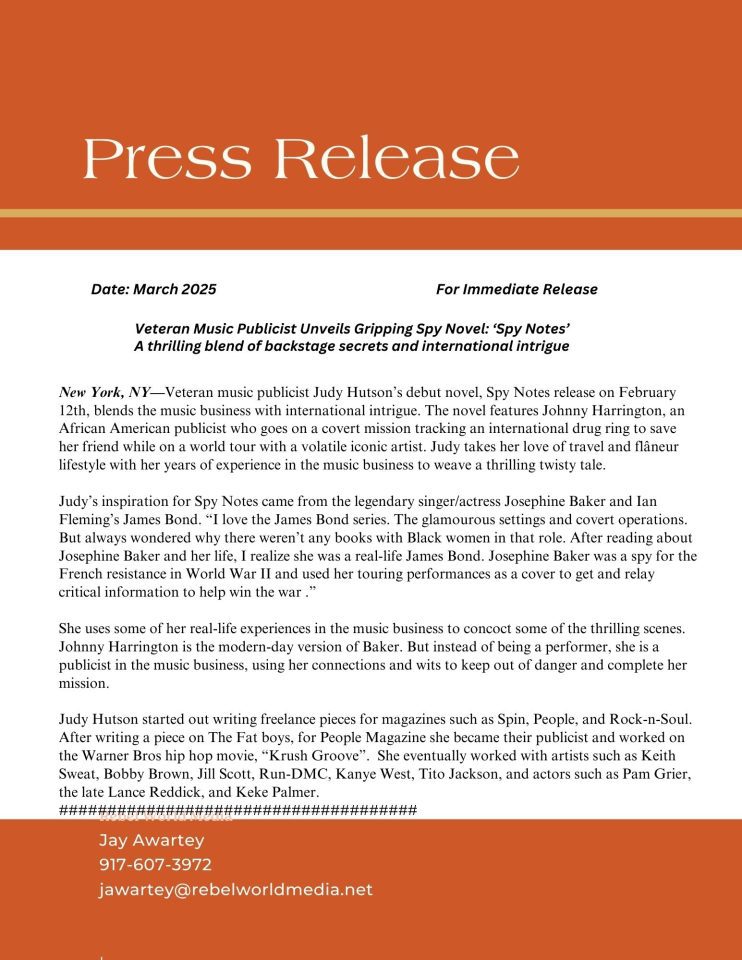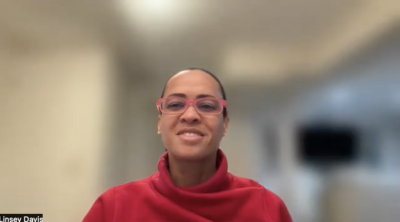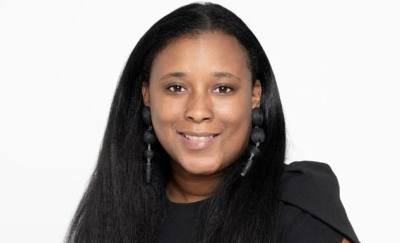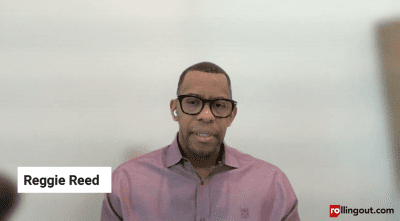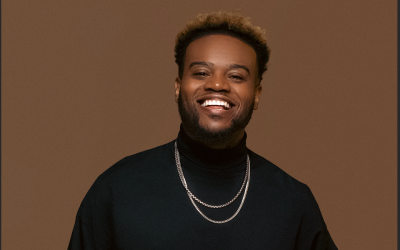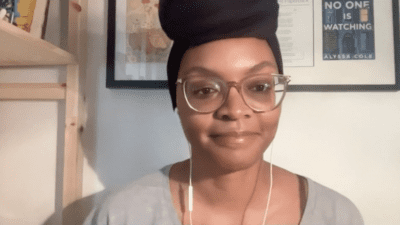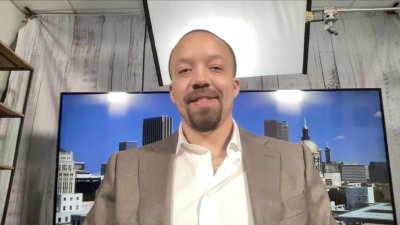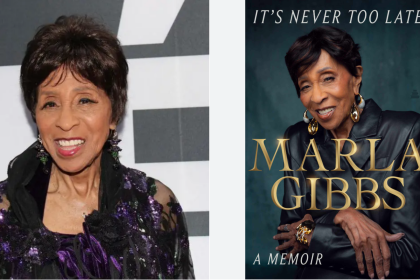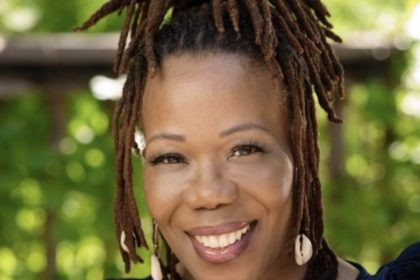
Judy Hutson’s career path has been nothing short of extraordinary, before penning her debut spy thriller, she was a freelance writer for magazines like Rock-n-Soul, Spin, and People. Her venture into the music industry began during the early days of hip hop when she served as publicist for iconic rap group The Fat Boys, traveling with them on the historic Fresh Fest tour alongside Run-DMC, LL Cool J, and Kurtis Blow. This experience led to her working on Warner Bros’ “Krush Groove,” one of the first hip hop movies. Throughout her career, Hutson worked with artists including Bobby Brown, Jill Scott, Kanye West, and actors like Lance Reddick and Pam Grier. These experiences became the muse for her debut novel “Spy Notes,” which follows a music publicist who becomes a spy to save the man she loves while stopping an international drug ring.
What inspired you to write Spy Notes? And how did your background influence the story?
What inspired me was Josephine Baker. She was an iconic songstress, actress in the 1920s and ’30s that just took over Paris, and she was one of the biggest African American actresses/singers at that time, world renowned. During World War 2, she was working with the French resistance, and while she was on tour she would get information for the French resistance from the Germans. She would find out that information and sneak it in between her music notes. In fact, she was such a critical point for doing that during the war, that she was given a state funeral when she died by the French and she is now buried in Paris.
What inspired me was that I realized when you’re working with entertainers, because I was a music publicist for many years, and I worked with people like Keith Sweat, Jill Scott, Bobby Brown, you have access to different levels of society, because high society, rich people, they all want to be around stars. So I was thinking that a music publicist would make a great spy, because she would be able to infiltrate these places that the CIA and FBI would not be able to get into that easily.
How did you develop the character? And did you draw from any of your real life experiences?
I say my book is also a love letter to publicists, because publicists are some of the hardest people working behind the scenes that do not credit. She definitely has some of the things that I have gone through, some of the experiences, but not just me, but a lot of different publicists that we’ve told war stories about, and I use that to help to form her character, and what a publicist has to do is a lot of times what a spy has to do. She has to think quickly, she has to make sure that things turn out correctly.
How did the music industry shape your storytelling? What made it unique?
The music industry helped to do the underlying plot of the story, that was the life that she lived on tour. You have this found family when you’re on tour because you’re only stability are the group that you’re with, not just the artists, but the people in the background, the lighting, the roadies, the road managers, they all form a family. So that was part of what I wanted to show in this book, was how she dealt with things, what her support system was, even though they didn’t know what she was doing, but they would just be her backup, no matter what problems she might get into, because that’s what you do as a family.
The entertainment industry and covert spy thrillers do not usually mix. What research went into making Spy Notes feel authentic?
I take from real life from the music business side. The other part, I try to use some historical pieces. I did use the island of Barbados, that was the start of the reason that she even becomes a spy, but I also used some of the historical parts of Barbados, I mentioned the slave route that was used for transportation of drugs, there was a slave route that was from Barbados to South Carolina. Barbados at the time was one of the richest countries in the world, because of the sugar trade and sugar was very valuable at that time.
As a debut novelist, what has been the most surprising part of your publishing journey? And what advice would you give aspiring writers?
One of the things I think that writers today have to realize, it’s not all just about writing. Writing is just the only part of the book, whether you’re traditionally published, which means with the five big publishers, or you’re self publishing, you have to know the marketing part of it. That is just as important, or even more so important than the writing part. The writing part, you can always get through your craft, and you should also try as much to be part of the writing community. The writing community is very generous, I’ve had a lot of help and advice from writers who’ve been writing loads of books, and they’re very successful.
Diversity in the spy genre is still evolving. How important was it for you to create a black female protagonist in a space where representation has been really limited?
That was very important, in fact, that was one of the other inspirations for the book, because I love James Bond movies, I love Ian Fleming, I love the glamour of it. The different cities that he goes to, the gadgets, and every time I watched it, I always thought, why don’t we have, I didn’t even think a black man, I’m thinking a black woman as a spy that could be just as glamorous and go to those different places. So that was very important, because I really would love to be the black female Ian Fleming, just writing a whole bunch of James Bond, Johnny Harrington books.
What’s next for you? Can readers expect more espionage thrillers? Do you think you’ll venture out into other genres?
I’m already writing my second book, which she’s gonna go on another tour and be pulled into this billionaire’s tour. So there’ll be a billionaire in there, so that would be that’s going to be exciting and have a lot of more political intrigue on that one. I started it already, and it’s so funny that some of it, even though I started it like 2 years ago, is very relatable to what’s going on in the political system today.
As far as another genre, I already have an idea. I would love my next genre I’m going to do is cozy mystery, because I have a cozy mystery idea that I want to set on, of course, the Island of Barbados. So almost like “Death in Paradise” which is really a cozy mystery that’s based on a West Indian Island.
Complete the following statements.
Storytelling for me is a way to?
To create my own worlds and control my own worlds.
The moment I knew I wanted to be a writer was when?
When I saw the stories that were not being told, that I think should be told.
If I could give one piece of advice to aspiring authors, it would be?
Read, read as much as possible in the genre that you write, because you automatically get the rhythm and the pace by reading when then you start writing.
The best stories are the ones that?
The ones that are authentic to that writer, to how that writer feels, and the world that that writer wants to create.
What excites you the most about the future of storytelling?
The most exciting, I think, is that a lot of the gatekeepers are gone so that you can write your story and get it out there, because, especially for people of color, especially black women, black men, they had gatekeepers, and they were their agents and their publishers, and what is considered a good story is so subjective. So if your experience and your world experience is not that of somebody of a whole different culture, you might not relate to that story, but there could be thousands, millions of people who would relate to that story, but because you’re the gatekeeper in publishing, it’s never heard, but now we don’t have to worry about that. We can get our stories out to the people who we know are waiting for those stories.
